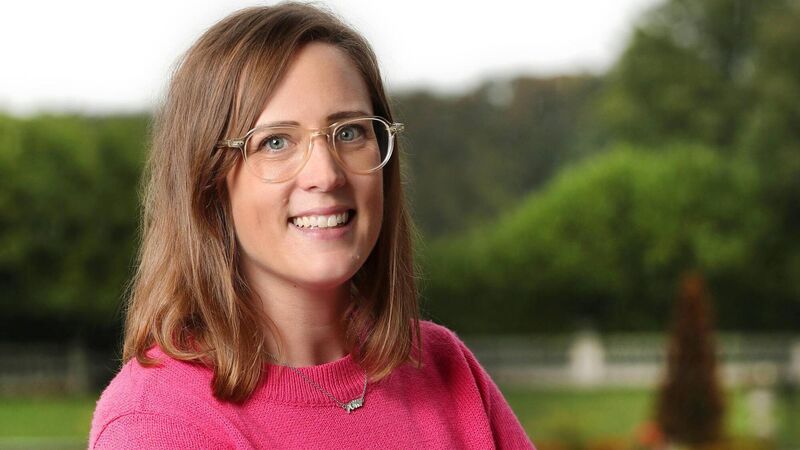Alison Curtis: How the internet can be a force for good in our children’s lives

Alison Curtis believes we should approach screen time more positively. Pic: Marc O'Sullivan
Try from €1.50 / week
SUBSCRIBE
Alison Curtis believes we should approach screen time more positively. Pic: Marc O'Sullivan
RECENTLY on my show we did a piece about the positive side of children using technology. The go-to reaction to this topic seems to be negative. We often talk about ‘too much screen time’, the dangers of online life, and so on, but I wanted to have a discussion about the positive things children can gain from technology literacy.
We have to recognise that children will have an online life: That is inevitable. But how can we help them have a healthy and responsible relationship with technology from an early age?
Already a subscriber? Sign in
You have reached your article limit.
Annual €130 €80
Best value
Monthly €12€6 / month
Introductory offers for new customers. Annual billed once for first year. Renews at €130. Monthly initial discount (first 3 months) billed monthly, then €12 a month. Ts&Cs apply.
Newsletter
The best food, health, entertainment and lifestyle content from the Irish Examiner, direct to your inbox.

Our team of experts are on hand to offer advice and answer your questions here
Newsletter
The best food, health, entertainment and lifestyle content from the Irish Examiner, direct to your inbox.
© Examiner Echo Group Limited